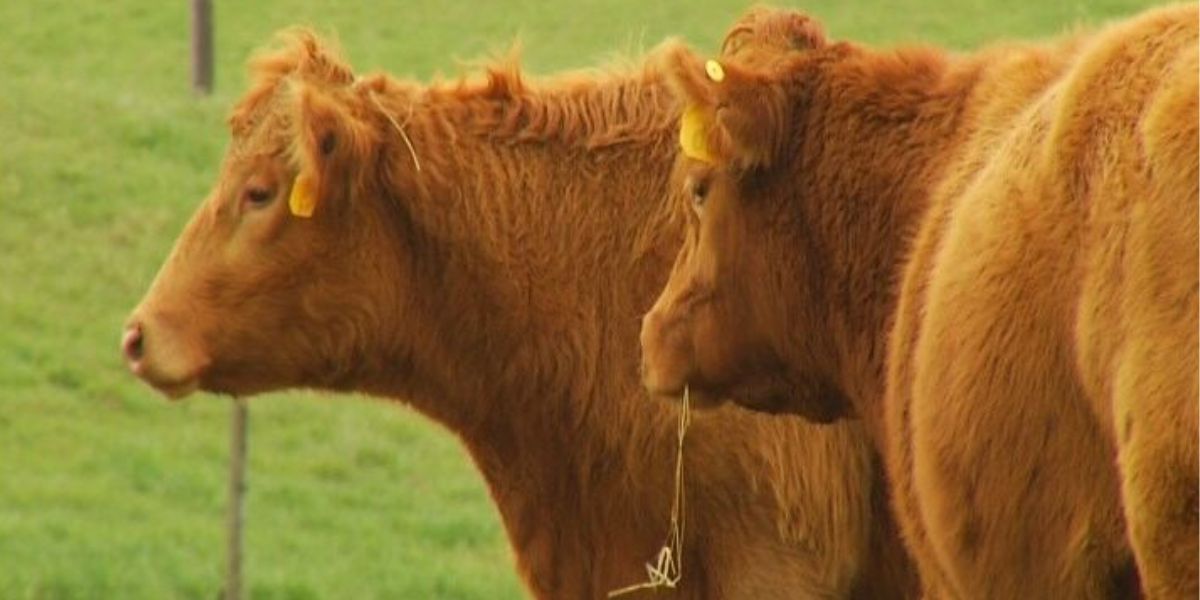The Michigan Department of Agriculture and Rural Development (MDARD) has recently announced that a beef herd has tested positive for bovine tuberculosis (TB) for the first time since 2022.
This case, which was discovered in Alcona County, Michigan, is the most recent in a sequence of occurrences in which this infectious disease has affected the cattle population in the state.
The sickness was discovered during the herd’s standard annual surveillance test, which is a regular operation that serves to monitor for the prevalence of diseases in animals.
Bovine TB has been reported in 83 cattle herds across Michigan since the state began tracking cases in 1998.
“The annual whole herd surveillance testing performed on all commercial cattle herds in the MAZ is a critical tool for identifying new cases of bovine TB, which then decreases the opportunities for the disease to spread,” State Veterinarian Nora Wineland in a news release stated. “Bovine TB is a persistent and challenging disease to address. Hunters, producers, academics, industry stakeholders, animal-health professionals, and state and federal agencies all have a vital role to play in combatting this disease and protecting animal and human health.”
According to the Centers for Disease Control and Prevention (CDC), bovine tuberculosis mainly affects cattle, but it can also infect other animals, such as bison, elk, and deer.
In rare cases, the disease can be passed on to people, which is a concern for anyone who works directly with cattle that may be infected.
Anyone who is around cattle for a long period, especially in places where the disease is known to exist, should be on the lookout for any symptoms. If they start to notice any signs of infection, they should go to a doctor.
People who have bovine tuberculosis may experience symptoms such as a chronic cough, fever, night sweats, and weight loss. These symptoms are common in both animals and humans who have the disease.
The disease has been discovered in the population of free-ranging white-tailed deer in Michigan, particularly in certain areas of the northeastern Lower Peninsula.
As a result, state officials have been compelled to create designated areas in order to manage the transmission of the illness.
The Modified Accredited Zone (MAZ) was established by the state. It encompasses Alcona County, as well as the counties of Alpena, Montmorency, and Oscoda.
This zone indicates regions where the likelihood of bovine tuberculosis spreading is greater because there are infected animals living there.
The rest of Michigan is designated as the Accredited Free Zone, which is regarded as being free of the disease.
Since the first case of bovine tuberculosis was discovered in the state, MDARD has been consistently overseeing and controlling the situation.
These efforts include regularly testing cattle, monitoring wildlife, and reaching out to farmers and livestock owners to inform them about the risks connected with the disease.
Maryland Lawmakers Propose Bill to Ban Transgender Students from Girls’ Sports
The discovery of this new instance of bovine tuberculosis emphasizes the continuing difficulties that the illness presents to both domestic and wild animal populations.
The public and agricultural communities are encouraged to keep educated about bovine tuberculosis and to take the appropriate precautions to protect the health of cattle and humans as the state continues its efforts to prevent the spread of the illness.







Leave a Comment